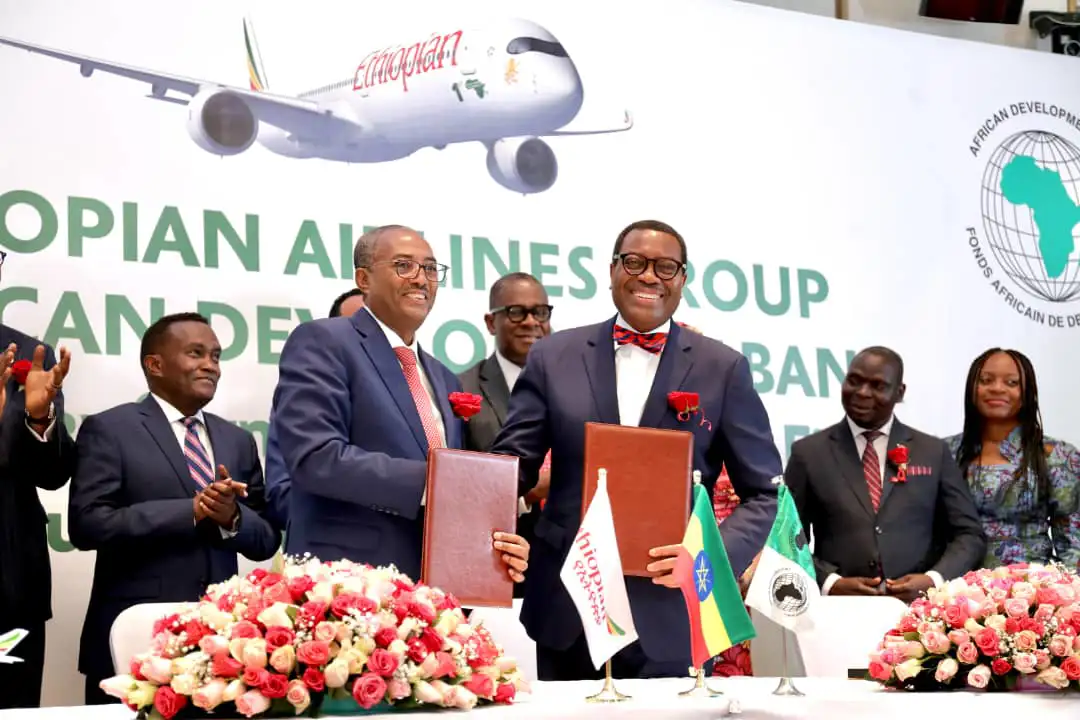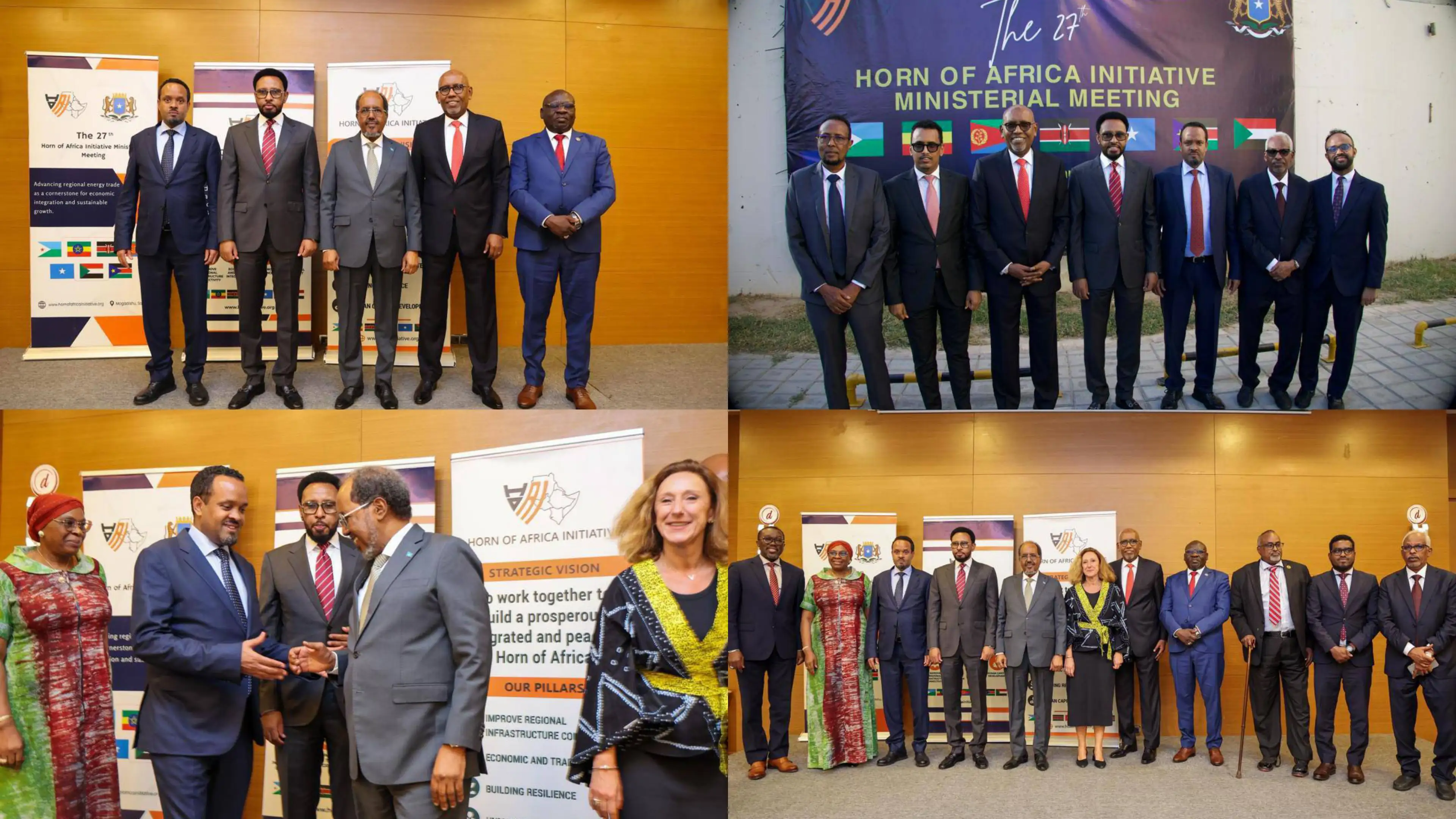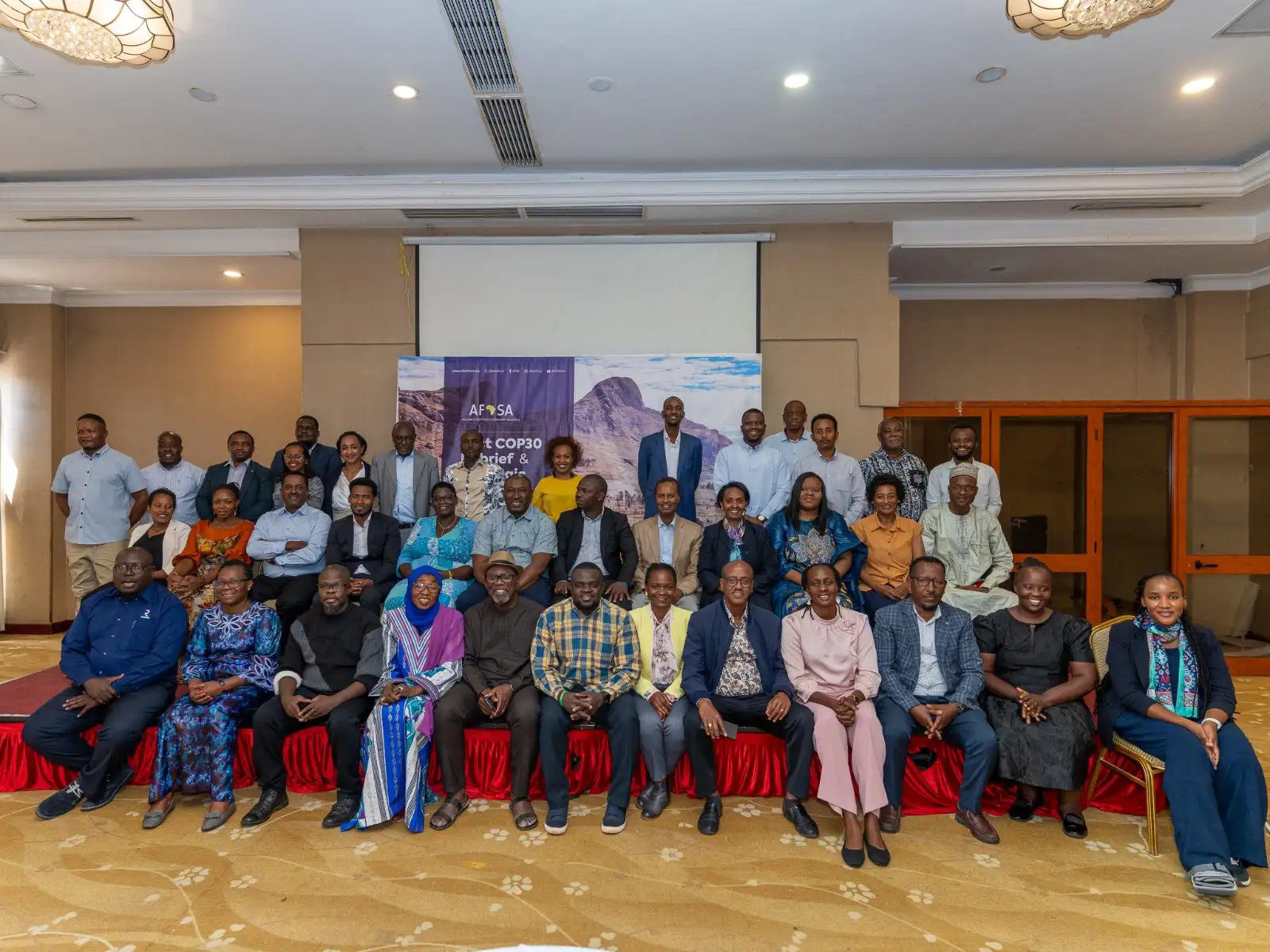By:Goshu Melisew
Ethiopia and the African Development Bank (AfDB) have formally signed an agreement appointing the Bank as the mandated lead arranger to mobilize $8 billion in financing for the construction of Bishoftu International Airport, set to be Africa’s largest.
The ceremonial signing, held in Addis Ababa, brought together senior government officials and AfDB executives. Ethiopian Finance Minister Ahmed Shide inked the agreement alongside AfDB Group President Dr. Akinwumi Adesina. Ethiopian Airlines Group Board Chairman Lieutenant General Yilma Merdassa and AfDB Vice President for Regional Integration and Business Delivery Nnenna Nwabufo also attended the signing ceremony.
Lieutenant General Yilma Merdassa said the agreement represents “a significant milestone that will help turn AfDB’s vision into a reality,” adding that the project will elevate Ethiopia’s aviation sector to new heights.
Finance Minister Ahmed Shide described the project as a transformative milestone in Ethiopia’s infrastructure and aviation sectors. “This is more than just an airport; it is an engine for economic growth, job creation, and connectivity,” he noted. He emphasized that the airport will support the private sector, attract foreign investment, enhance cargo and passenger capacity, facilitate trade and tourism, and become a net foreign currency earner for the country.
Dr. Adesina reaffirmed AfDB’s commitment to mobilizing resources from global partners, financial institutions, and investors to ensure the project’s timely execution. “Bishoftu International Airport will serve as a gateway to Africa and beyond, positioning Ethiopia as a global aviation hub,” he said.
Planned for Bishoftu, southeast of Addis Ababa, the state-of-the-art airport will have the capacity to handle millions of passengers annually, significantly expanding Ethiopia’s aviation infrastructure and reinforcing Ethiopian Airlines’ position as Africa’s leading carrier. The project is expected to be completed in 2030, supported by complementary infrastructure such as a dedicated railway and expressway linking it to the capital.




